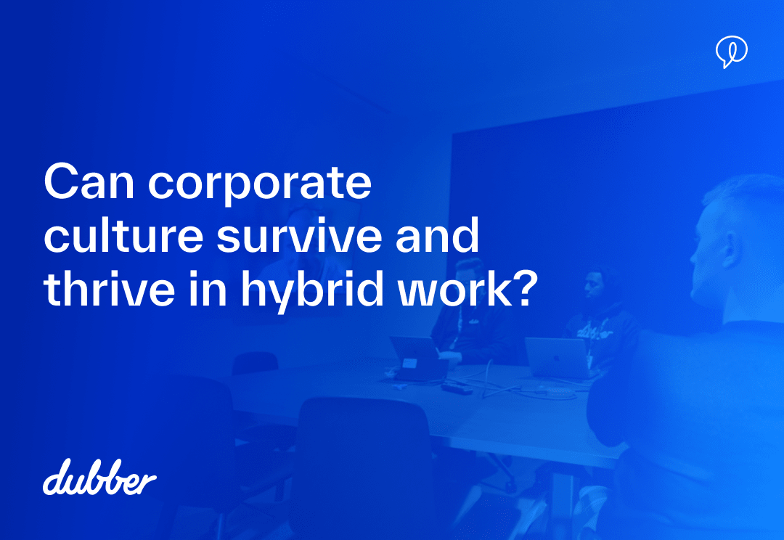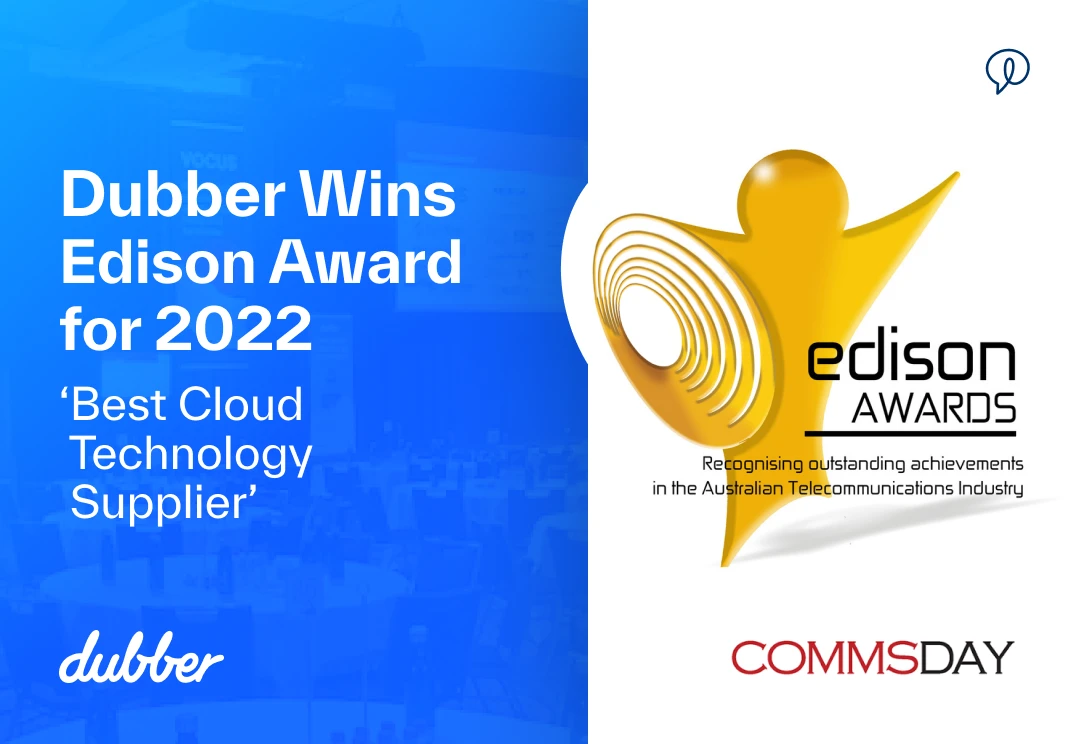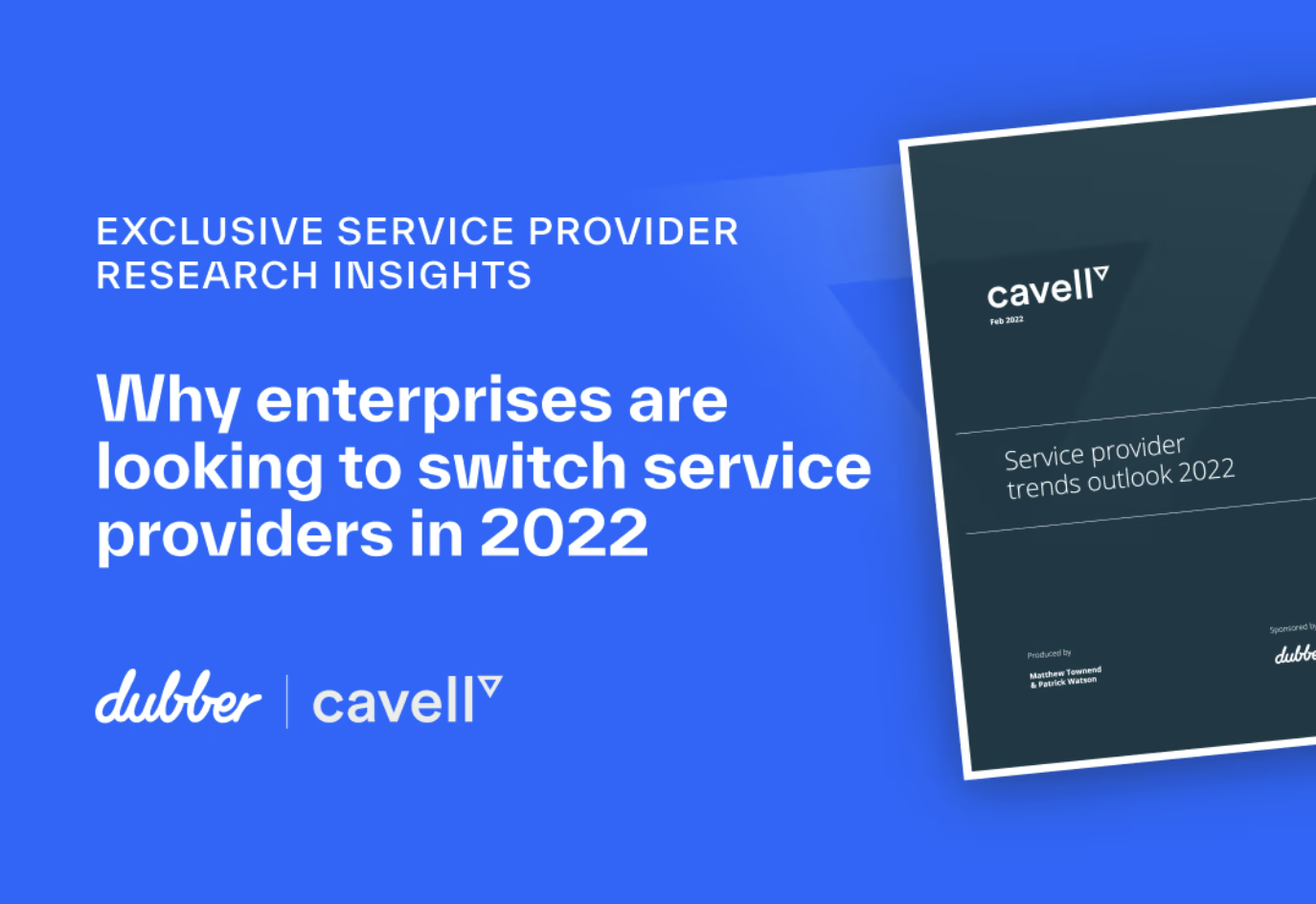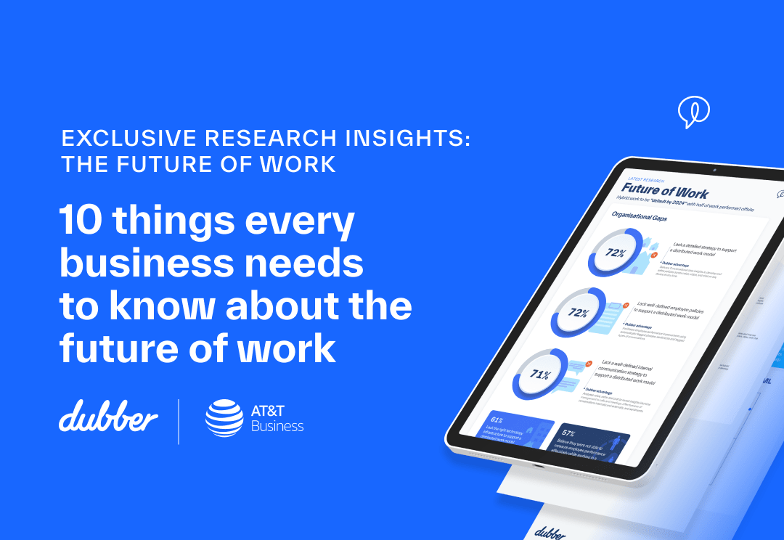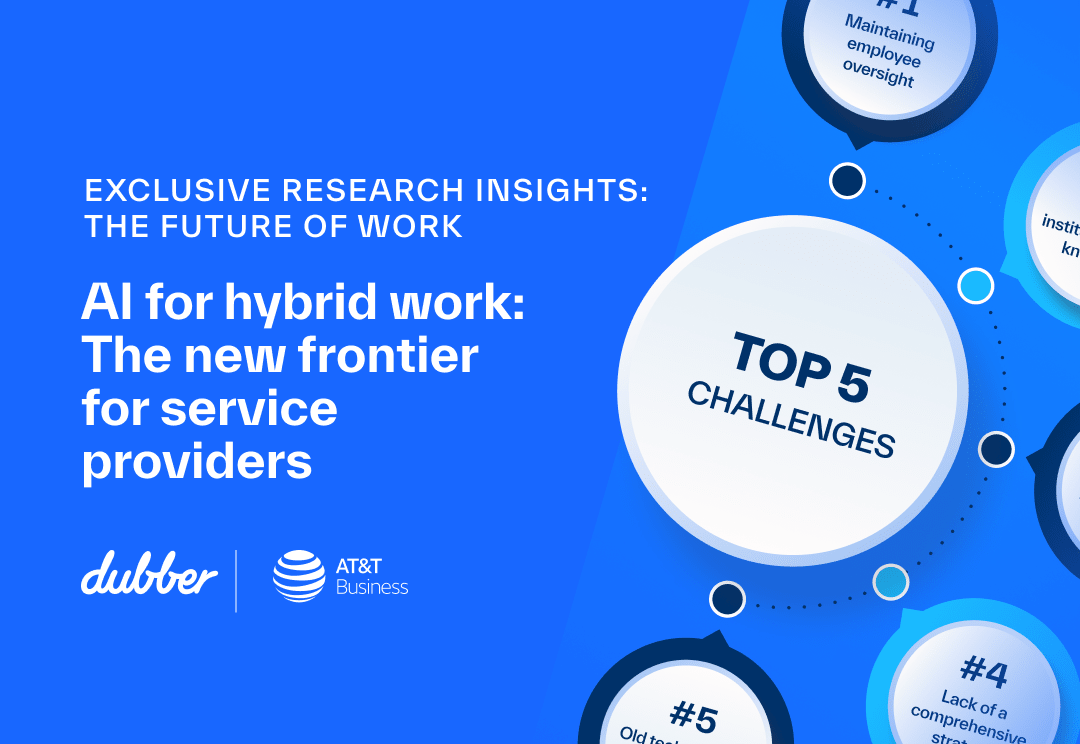
Service provider communications infrastructure is the backbone of society. However, the ability to generate value from these networks has diminished and is increasingly challenged.
As a critical infrastructure, telecommunications is highly valued by businesses and the community and vital to the current and future success of the economy. Despite this, it is frequently viewed as little more than a utility. Understanding future value creation for service providers of every kind requires a shift in focus from the network as a utility to the network as an exponential source of value based on the content flowing on it. Doing so enables us to reimagine the potential of the network and unlock the huge social and productivity benefits that our sector can deliver.
Conversations are the life of the network
Conversations make the network – they are the life of the network. Hundreds of billions have been invested in network infrastructure to make them possible – with more still to come.
Despite this investment, we constantly hear from service providers about their difficulties extracting value from the network.
“Over the past decade, telcos have been under continuous pressure as their traditional value pools have gradually eroded and new growth horizons have proven elusive, driving return on investment capital (ROIC) ever closer to weighted average cost of capital (WACC).” – McKinsey, A Blueprint for Telecom’s Critical Reinvention.
Now, ROIC is barely higher than WACC and falling – caused by high and rising requirements to invest CAPEX into network infrastructure. Network expenditure is forecast to rise significantly over the coming years as operators deploy 5G and edge-cloud networks, recasting consumer and enterprise value propositions in the process.
At the same time, telcos have seen other players in parallel verticals monetise the value of the network. Globally, the share of profit of the top 25 telcos has declined by 46% versus internet companies; the share of market cap has declined by 60%, and the share of revenue has declined by 40%, all while Google, Microsoft, Zoom, Facebook et al. have grown exponentially.
The pressure is unrelenting with the accelerating growth of OTT providers and MVNOs. None of these companies would exist without the demand for a conversation on the network. The need to communicate – to collaborate on work – to connect with friends and family drives their value.
But if conversations are the life of the network – why haven’t we been able to monetise the content they are made of? Why isn’t every unit of a conversation a source of ever-increasing value? And, why are others making more money running on the network than those investing in the network?
Unlocking value from the network through conversations
Already, Gartner predicts that 75% of business conversations will be recorded by 2025. This isn’t for compliance or traditional call recording requirements as we know them today, but because conversations are an extremely content-rich source of data that is now able to be enriched with artificial intelligence (AI), machine learning (ML) and natural language processing (NLP). Together these technologies make it possible to surface customer satisfaction and revenue insights in real-time and resolve Customer and Employee disputes efficiently. And meetings turned from time-wasters to productivity boosters.
When, where and how conversations occur has changed substantially. A new conversational era is upon us with employee and customer behaviour leap-frogging ten plus years. Remoting working has been matched by an acceleration in remote selling and service.
In 2021, video conferencing skyrocketed, with 82% of Australians starting or increasing their usage. Much of this shift was accelerated by COVID and the drive to hybrid working – it didn’t just change where we work, but how we communicate and when we work. Unified Communications exploded – challenging Telcos across everything from control of the customer to tech to margin.
And the pace of this shift isn’t stopping. Global UC spending is projected to grow at a 5% CAGR to reach $53 billion in 2025. Microsoft has surpassed 270 million monthly active Teams users globally, while Cisco Webex Calling has hit a record 8 billion monthly calls. And in 2021, Zoom grew Australian users by more than 54 times. And now 5G is set to create further opportunity – mobile will matter more than ever before, resulting in more endpoints and new kinds of end-points more connected than ever.
So how to service providers extract value from these shifts?
The first step in extracting the value of content and conversations on the network – and this starts by turning them into meaningful data sources by embedding conversational capture as a native feature of the network. Compliant, secure and scaleable capture enables AI-enriched insights and data to be produced from transcribed content in full or fragments.
From content in the Dubber Conversation Cloud, new services and applications can be developed rapidly based on data derived from conversations. At the most basic level, new subscription-based services fuel potential revenue at twice that of the service costs.
Dubber’s suite of service provider embedded products capture conversations across all endpoints and unify them – representing a unique opportunity to generate value from the network, no matter how people communicate.
By increasing revenue, retention and differentiation, we can change the economics of the network together.
